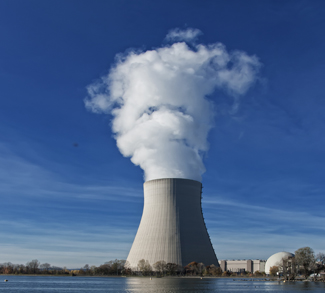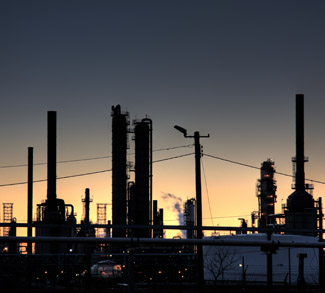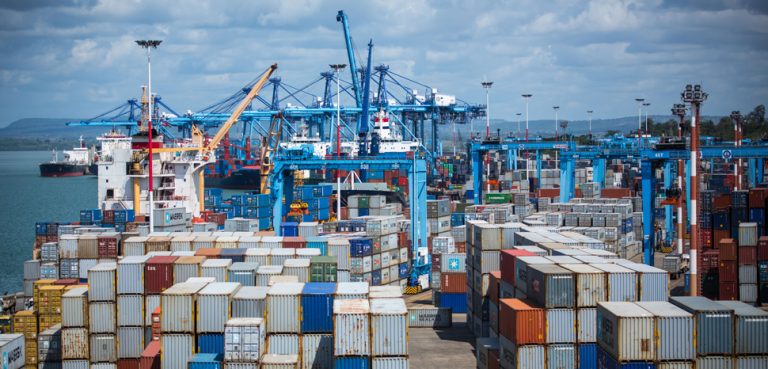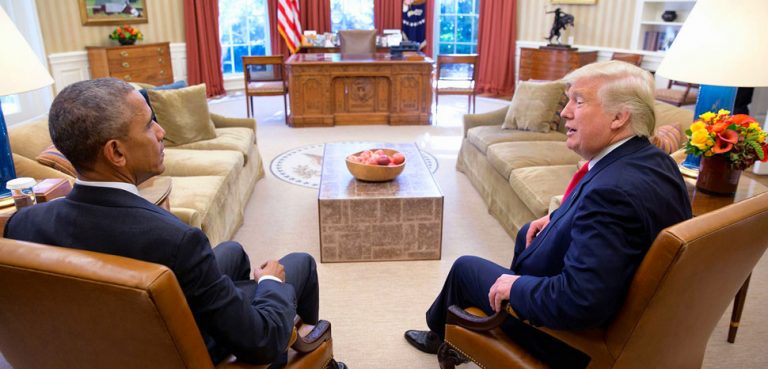Recent political events have once again highlighted the political relevance of energy security for Lithuania. We must pay tribute to the government, which has struggled to reduce Lithuania’s dependence on Russian energy supplies, for receiving financial support from its EU and NATO partners by all possible means. It has thus far been successful in finding new ways to attract international attention to the problem.
The energy security issue for Lithuania has various aspects. One of them is insufficient funds for the dismantling work at Lithuania’s Ignalina Nuclear Power Plant (INPP). According to Audrius Kamienas, director of the Activity Planning and Finance Department at the INPP, another 900 million euros will be required starting in 2020. The government is continuing negotiations with the EU in order to receive further financing of the project.
Deputy Energy Minister Rokas Baliukovas said that active negotiations on additional EU funding for the Ignalina plant closure would start in 2017 to 2018. Kamienas said that 941 million euros had been used for the INPP closure by the start of 2016, with another 745 million euros in EU and national budget funds planned to be used by 2020. Self-financing of the project is impossible for the country, and even partial funding has become an unbearable burden for the national budget.
President Dalia Grybauskaite expects that Germany will support Lithuania in its efforts to raise concern about the safety of Belarus’ nuclear power plant under construction in Astravyets, some 50 kilometers from Vilnius. Belarus of course is also the closest ally of Russia. The Lithuanian government is not sure about the plant’s safety, but can’t oppose its construction alone. As a result, Lithuanian authorities have followed a proven method by appealing to external help.
Another strategy for maintaining Lithuanian energy security that the government is considering is to work towards preventing the construction of the Russian-German pipeline project Nord Stream 2. Being dependant on Russian energy supplies for the long-term, Lithuanian authorities think that it poses “risks for energy security not only to the country but to the region of Central and Eastern Europe on the whole.” Earlier, on 17 March, prime ministers and leaders of 9 EU member states (Czech Republic, Hungary, Poland, Slovak Republic, Romania, Estonia, Latvia, Lithuania, Croatia) had sent a letter to Jean-Claude Juncker, president of the European Commission, speaking out against Nord Stream 2. But the issue is the EU is not directly involved in the decision-making process around Nord Stream 2: it is the nations whose waters the pipeline would cross that must grant approval for the project. In this case, these are the authorities of Russia, Finland, Sweden, Denmark and Germany. Lithuanian President Dalia Grybauskaite met with German Chancellor Angela Merkel on April 20 and tried to argue the inefficiency of the project. However, if German companies are able to successfully defend their commercial interests, then the project will have a future. Taking into account German pragmatism, economic expediency will likely prevail over the political one. Generally speaking, Germany does not pay so much attention to Russia’s threat as the Baltic States do.
It should be said that Lithuanian authorities effectively use geopolitical situation in the region in order to reach national goals by attracting international attention and persuading its partners that Lithuanian problems are their problems as well. One couldn’t judge Vilnius for it. Probably for the government of a small country it is the simplest way.
The seventh meeting of the Steering Committee of Vilnius-based NATO Energy Security Centre of Excellence (NATO ENSEC COE) took place on 19-20 April in Chalon-sur-Saône, France. In the meeting, a lot of attention was dedicated to the protection of critical energy infrastructure and the possibility of an expansion of the Centre was raised. NATO has assessed that the protection of critical energy infrastructure is one of the key elements for strengthening the Alliance’s resilience to hybrid threats. In this regard, Lithuania lobbied for an increase of funding for the centre’s activities in order to ensure necessary expertise in the field of the protection of critical energy infrastructure. The Centre affords Lithuania an avenue to strengthen its capabilities and make the country more prominent within NATO and in the international arena at large.
Thus Lithuania today has at least two reliable ways of getting support for maintaining its energy security – from the EU and NATO. So far, it would appear that Vilnius is using such opportunities to successfully reach its national goals.
The opinions, beliefs, and viewpoints expressed by the authors are theirs alone and don’t reflect any official position of Geopoliticalmonitor.com.




